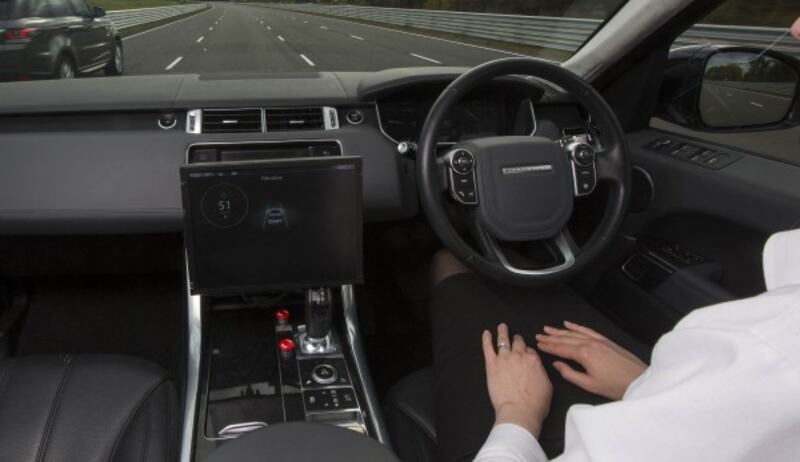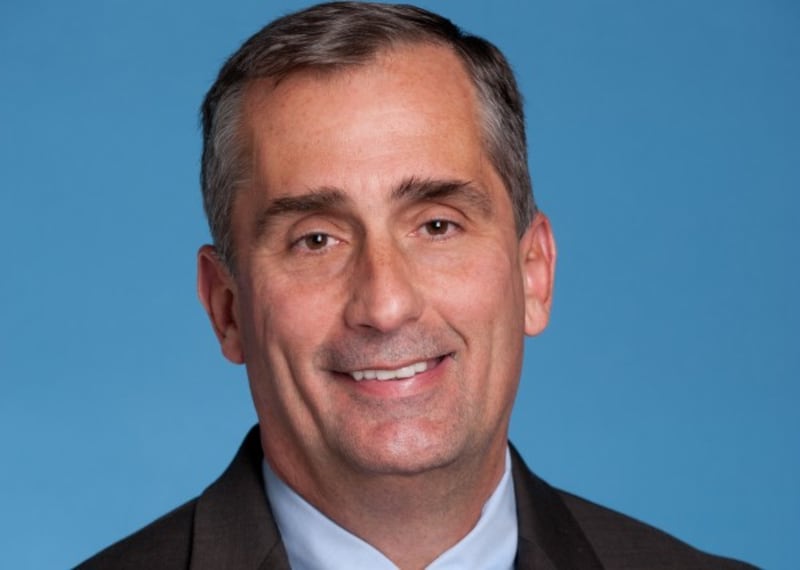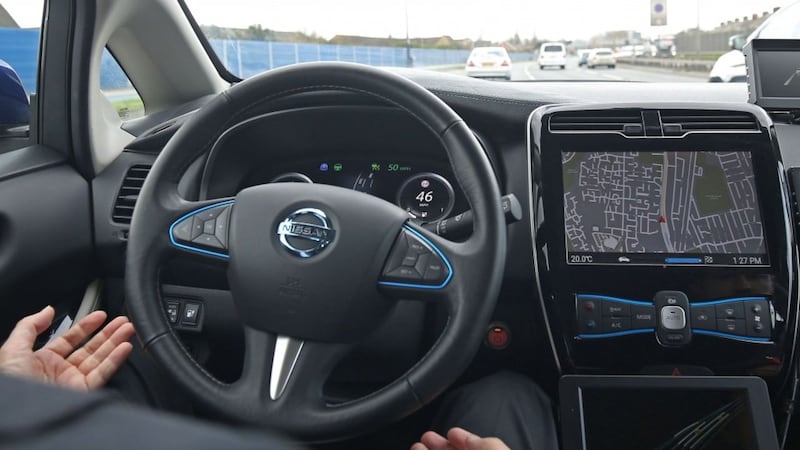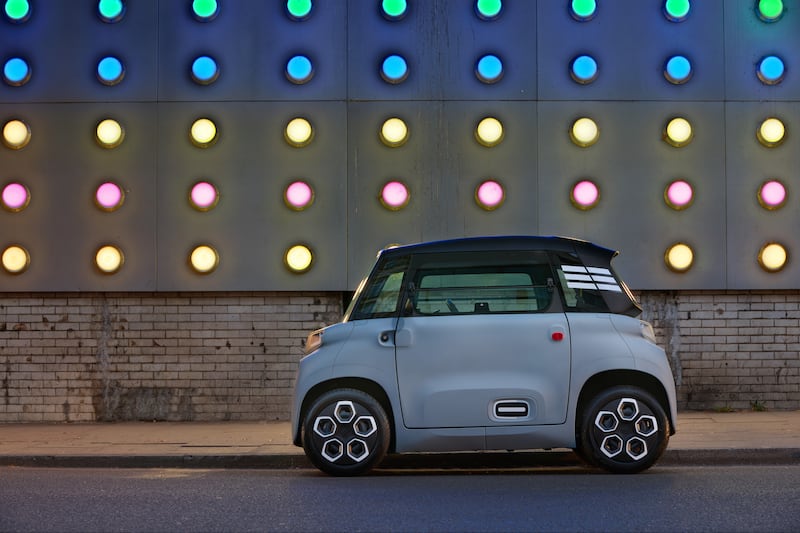Self-driving cars have been touted as the future of road transport, with perceived benefits such as fewer motor accidents and lower fuel consumption, but the chief executive of Intel thinks they can also double up as a network of security cameras.
During an interview with CNBC, Brian Krzanich said cameras on self-driving cars will be scanning the roads and could in the future prove useful in cases such as an Amber alert – which is issued by law enforcement agencies in the US when they believe that an abducted child is in imminent danger.
But these cameras could also raise concerns about privacy and Krzanich appears to have a solution to that.

“We’ll have to put limitations on it,” he said. “We’ll have to encrypt that data and make sure I can’t tell that it’s John’s (car) necessarily.
“I think there will be rules and new areas we’ll have to explore, but the amount of social good that can come from that far outweighs those concerns.
“We just have to deal with them.”

Meanwhile, a study by the chip company has found self-driving cars will create a $7 trillion-a-year (£5.4 trillion) industry by 2050.
According to the report, these cars will be able to free up more than 250 million hours per year of commuters’ time in congested cities.
Other predictions include companies opting for mobile pods and driverless kiosks that could enable businesses to go directly to their customers and “car-venience” services such as mobile beauty salons, health clinics, treatment pods and pod hotels.








